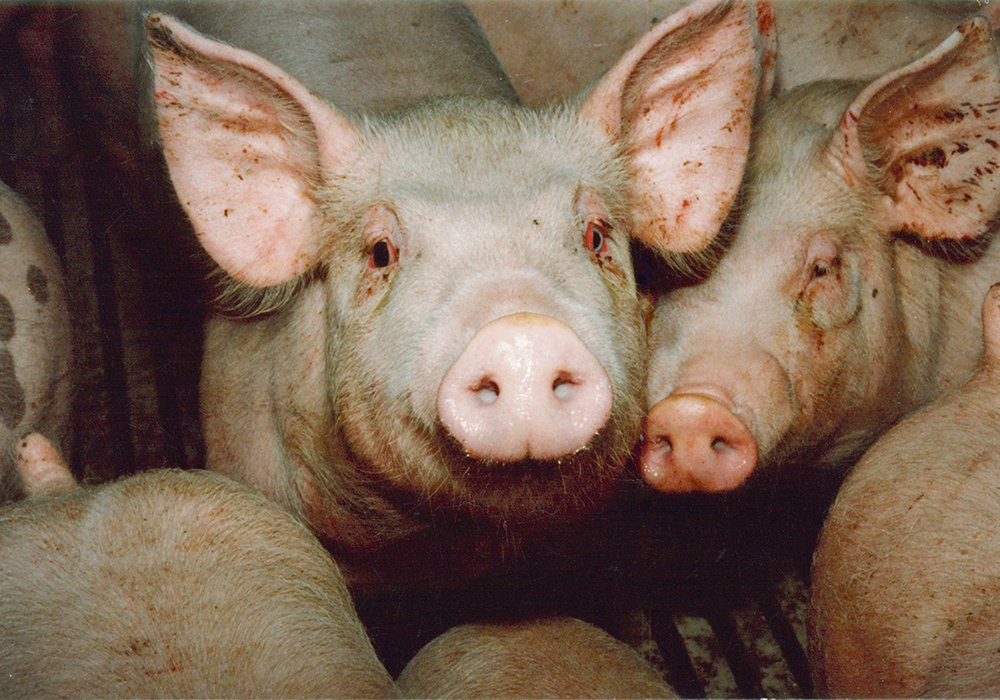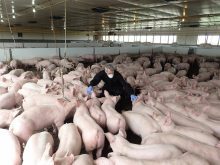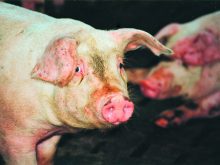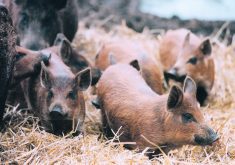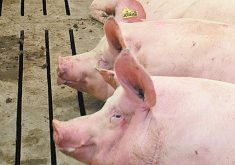African swine fever doesn’t mind whether it infects farms in small outdoor herds or big barns.
The virus thrives in any type of pig, so producers with operations of any size need to work together to head off the threat before it gets into the province, the Manitoba Pork Council annual meeting heard.
Cam Dahl, MPC general manager, described producers with tiny herds as “those that we maybe haven’t talked to in the past.”
However, with ASF ravaging Asia and Europe, and appearing now close to the United States’ southeastern coast, all producers need to keep their pigs safe.
Read Also

U.S. government investigates high input costs
The USDA and DOJ are investigating high input costs, but nothing is happening in Canada.
The disease spreads pig to pig, but it doesn’t require farm-to-farm contact. Wild pigs, descendants of escaped domestic pigs and wild boars that have interbred, can bring in the disease and spread it from herd to herd. That’s what happened in parts of Europe.
Dahl noted that the first case of a German farm infected by ASF had only four pigs, and the second was home to a mere six pigs.
“ASF moving into those 10 pigs has cost billions of dollars,” said Dahl.
Farmers at the meeting suggested the pork council and provincial authorities reach out to small farmers through butchers and veterinarians, as well as other off-farm contacts the small farms have.
With ASF encroaching, all Manitoba farmers need to be talking, Dahl said.
“We need to ensure we’re engaged with these producers,” said Dahl.


